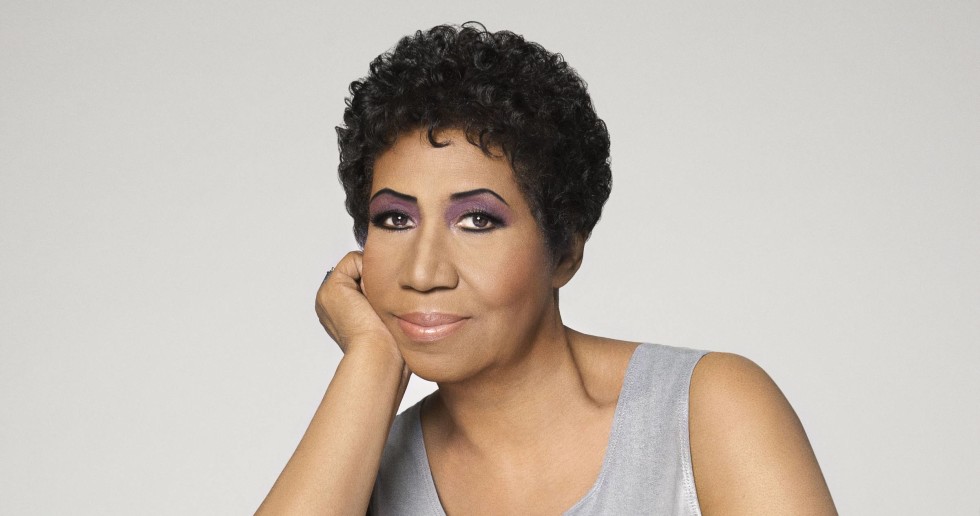Many music lovers were dismayed by the recent death of Aretha Franklin, the famous recording artist. Also dismaying: The “Queen of Soul” passed away without a legally enforceable will. This could lead to serious complications.
What about you? If you do not have a will in place, do not wait any longer. There are numerous reasons why you should have a will drafted, but here are seven prime examples.
- If you die without a will—“intestate” in legal lingo-–state law will govern the distribution of assets, among other matters. Therefore, you forego the right to say who gets what, where and how. Barring other circumstances, such as the legal form of ownership of property, there are no guarantees your intentions will be met. Why would you want to give up this control?
- You can appoint the executor of your estate. This is important because the person named in your will ensures that bills are paid, parties are notified and other financial affairs are wrapped up. The executor is the “quarterback” of your estate, so it should be someone with integrity who is organized and knowledgeable. Typically, this is a family member, close friend or professional.
- If you have minor children, you can appoint their legal guardian in the event of an unexpected death. Without a will, the courts will decide this critical issue for you. With a will, you decide who assumes this important responsibility. You may also appoint a back-up in the event your first choice is unable or unwilling to handle these duties.
- Having a will speeds up the probate Whether you have a will or not, your estate generally has to go through probate. Depending on your state of residence, the process can be costly and time-consuming. If a valid will governs the disposition of assets, probate is likely to go more smoothly and unnecessary delays may be avoided.
- A will can be structured to maximize tax benefits. This is not as important for most families as it was in the past due to the generous federal estate tax exclusion of $11.18 million in 2018, but estate-tax saving provisions are still significant for wealthier individuals. In addition, testamentary trusts may be coordinated to provide estate tax savings. Finally, state taxes may be a consideration.
- A will enables you to accomplish various other estate planning objectives. For instance, it may establish a trust to prevent a “spendthrift” child from squandering an inheritance or provide protection from creditors. Similarly, you may use it to provide gifts for your favorite charities. And, if it is your intent, a will can make it clear that you want to “disinherit” one or more relatives.
- Finally, having a will may avoid potential conflicts. If you are like most people, the last thing you want is to have family members fighting over the spoils of your estate. A will is not a guarantee against legal challenges, but it reduces the likelihood of a drawn-out battle.
Obviously, this is not a do-it-yourself proposition. Rely on your professional advisers.






Leave A Comment
You must be logged in to post a comment.